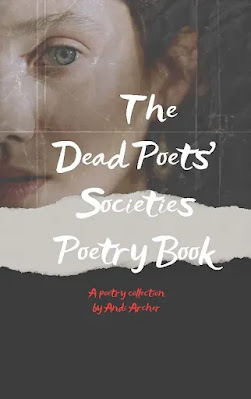[ Reflecting on Our Recent Mental Wellness Workshop for the Rotaract Club ]
[ ~ ]The Mahabharata. Miyan ki Todi. The Padshahname. What's common to all these three things?
Well, the answer is that they are all products of the human mind created for India's kings. I will argue in this post that the contents of the Mental Wellness I recently conducted were as good as anything developed for India's royalty. The Padshahname, included.
Okay, so some background. I recently had the opportunity to lead a mental wellness workshop in collaboration with the Rotaract Club, where we shared practical tools and insights to help participants improve their mental health and overall well-being. One of the key takeaways from the workshop was the importance of continuous improvement. For example, after receiving valuable feedback, we promptly enhanced the website supporting the workshop, ensuring it better meets the needs of our participants. It is because of ideas like continuous improvement that we are able to do better than the advisors to India's royalty, who came up with such things as Raja Yoga, which were also quite helpful for their time. Another reason is the considerable sums of money spent on research into the human brain and psychology.
In connection with responding to the feedback on our website, a noteworthy point was raised by one of our Support Team members. They observed that the workshop's content uses software originally developed for a member of India's royal families. In fact, the tools and ideas presented during the session are as advanced—if not more so—than anything historically created for royalty. This was a fascinating reminder of how technology and ideas evolve.
However, while traditions like Raja Yoga contain valuable insights, it’s important to note that many premodern systems, though profound, were not grounded in the latest scientific research. For example, while Raja Yoga offers helpful frameworks for self-discipline and meditation, there are areas where science has since provided deeper understanding. The intersection of ancient wisdom and modern science is where true progress happens.
One of the key points discussed during the workshop was the importance of scientific experimentation when it comes to happiness and well-being. For instance, while we know that journaling can improve happiness, the impact of activities like blogging or social media use is less clear. While Facebook often leads to negative emotions, it’s not immediately obvious which other digital activities will make us happier or worse off. This is where science becomes critical—through experimentation, we can test and validate which activities truly improve our mental wellness.
Below is a screenshot of the results from ChatGPT when it was prompted for a list of six items created for India's royalty. This list is quite a decent one.
Looking forward to more collaborations and learning opportunities with the community! 🌱
MentalWellness Productivity Science RajaYoga Innovation MentalHealth Wellbeing Rotaract Workshop





